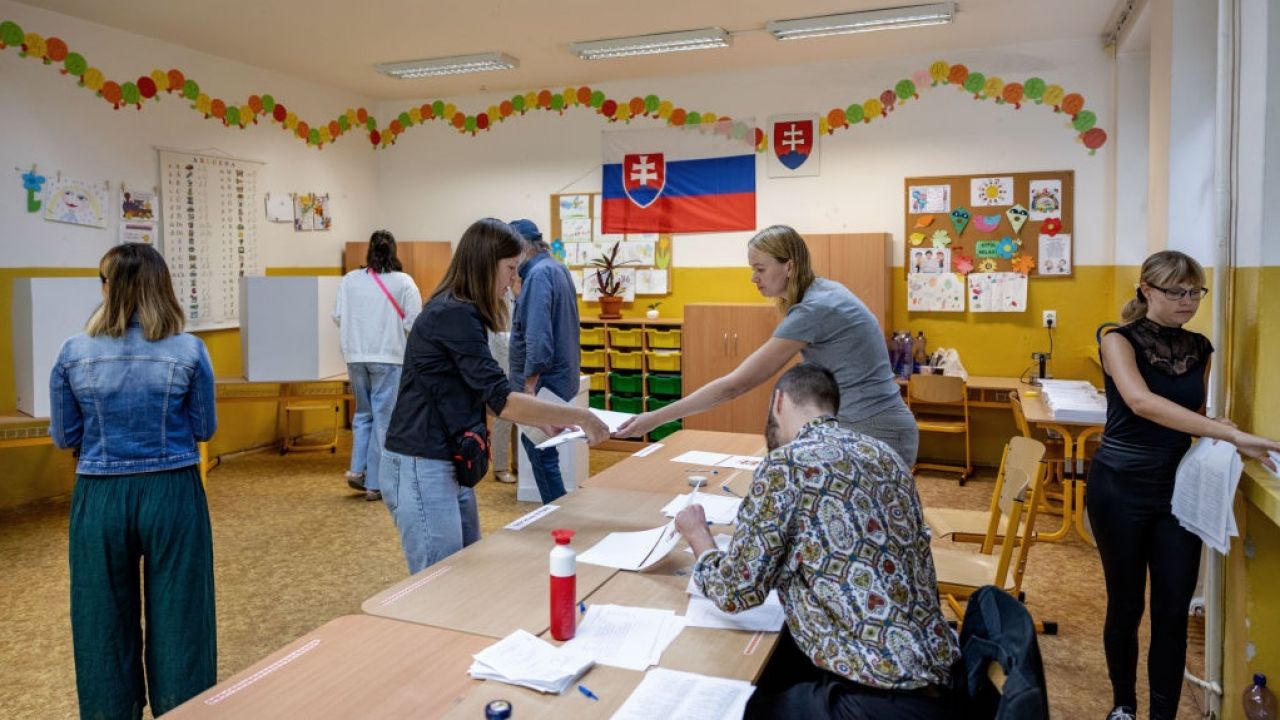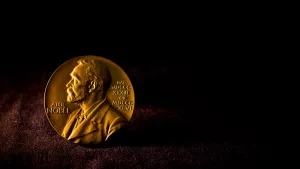After being banished from the political scene in 2018, former prime minister Robert Fico successfully returned with an election win in which his party Smer (Direction) came out on top with 23% of the votes. With over a decade of experience in Slovakian politics, Fico has managed to sway the public into trusting him again, but what are the implications of this reemergence?
Smer, Slovakia’s Social Democratic Party, was in power until 2020, after which a four-party center-right coalition named OLANO replaced it. The coalition, led by Igor Matovič, attempted to handle the multitude of issues that arose in the following years. However, the handling of the Coronavirus, the war in Ukraine, and the high-cost of living plaguing the country proved to be too much to handle for OLANO. Subsequently, a no-confidence vote led to early elections in which that same coalition got a combined share of 17% across the four parties.
The voter turnout was 68.5%, the highest in twenty years. The early exit polls foreshadowed the victory of Michal Šimečka’s Progressive Slovakia (PR) party, but a late-night twist saw them come in second behind Smer with almost 18% of the votes. Following the loss, Šimečka warned that Fico winning would mean “bad news for the country” and that Slovakia could lean towards Hungary’s pro-Russian side, potentially falling out with the European Union.

In his election campaign, Fico assumed a stance that included being anti-immigration, ending sanctions against Russia, and halting military aid to Ukraine whilst maintaining humanitarian support. It is no surprise that the last was one of his winning arguments, as a Globsec poll showed that 51% of Slovaks blame the West for the conflict in Ukraine and 69% believe that the supply of weapons has led to a broader war. He promised that “not one more shell [of ammunition]” would cross the border and that the country would encourage early peace negotiations. This pledge is of little practical significance, however, since Slovakia has already provided all the weapons it planned to – an s-300 air defense system and 13 MIG fighters – and no more supplies had been discussed. Nonetheless, Fico opposes Ukraine’s membership in both the EU and NATO due to his belief that it is “one of the most corrupt countries in the world” and that Kyiv’s regime does not uphold the democratic principles necessary for accession to the European Union.
However, in order for Fico to be in power and impose his policies, he can not stand alone. A coalition will need to be put together, one which will most likely include Smer, the Slovak National Party (SNS), and Hlas, the party of former prime minister Peter Pellegrini. Fico and Pellegrini worked together in Smer before Pellegrini broke away to form his own party, Hlas, which came third with 14.7% of the votes. In this case, the coalition would have a slim majority of the seats in parliament with Smer and Hlas having 42 and 27 respectively, and SNS holding 10 bringing the total to 79 out of 150. If Fico succeeds at creating any sort of coalition, it will include at least one pro-European party. Due to this, the reliance on EU funds will keep Slovakia tied to the Union, preventing it from being as rebellious as Hungary despite its similar stances on foreign affairs. Pellegrini himself is in favor of supplying Ukraine with arms and also keeps a close connection to the German Social Democratic Party, which advocates an escalation of the measures against Russia.

Fico will happily accept that compromise, however, as only five years ago he seemed to be completely ostracized from Slovak politics following protests against his alleged involvement in the assassination of a journalist who was investigating Smer’s links to corruption. There was much controversy surrounding the party; around forty senior officials, police officers, judges, prosecutors, politicians, and businessmen with ties to Smer eventually were convicted of corruption. Fico himself faced charges for using information obtained from the police and tax authorities to discredit political opponents.
Despite all this, the people of Slovakia who are faced with many threats to their livelihoods welcome him back. The consequences of the war in Ukraine have strained the Slovak economy, which now contains nearly half a million pensioners living below the poverty line. Simultaneously, food inflation is higher than in places like Poland or the Czech Republic which do not share those issues. Consequently, support for the country’s membership in NATO and the EU has dropped, going from 72 to 58 percent and from 77 to 64 percent respectively. This newly-found Euroscepticism can help explain how Smer managed to come out on top, whose deputy leader Lubos Blaha appealed to the far-right elements of the nation in an election rally, calling for liberation from “Euro-American occupation” and “fascism in rainbow colors.”
The European Commission’s vice president, Věra Jourová, has recognized the election’s legitimacy but insists that misinformation played a part in the results. The prime example of the misinformation in question is an AI-generated video of PR leader Michal Šimečka “declaring” an increase in beer prices. Jourová believes that the implementation of the EU’s new Digital Services Act will help prevent this sort of issue in future elections across Europe.
Robert Fico is no stranger to Slovak politics. He has found his way back, promising his people stability, “poriadok” (order), and effective leadership. However, the question remains: will Slovakia remain firmly within EU control, or will Fico’s victory lead to Slovakia following the path of Hungary, potentially triggering a domino effect in Europe?







